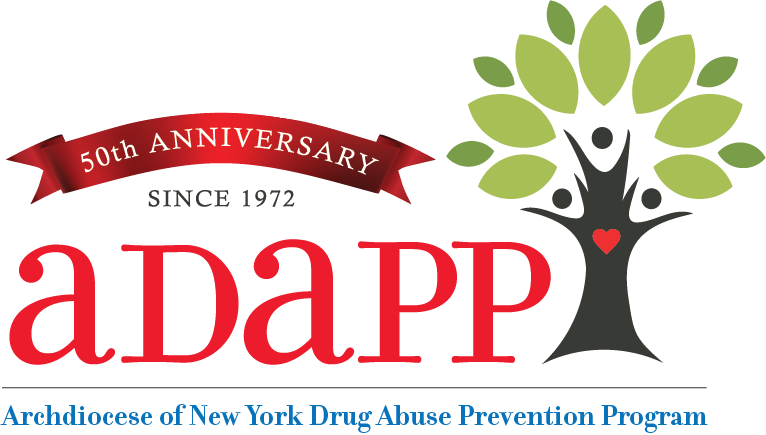Three oral medications--disulfiram (Antabuse®), naltrexone (Depade®, ReVia®), and acamprosate (Campral®)--are currently approved to treat alcohol dependence. In addition, an injectable, long-acting form of naltrexone (Vivitrol®) is available. These medications have been shown to help people with dependence reduce their drinking, avoid relapse to heavy drinking, and achieve and maintain abstinence. Naltrexone acts in the brain to reduce craving for alcohol after someone has stopped drinking. Acamprosate is thought to work by reducing symptoms that follow lengthy abstinence, such as anxiety and insomnia. Disulfiram discourages drinking by making the person taking it feel sick after drinking alcohol.
Other types of drugs are available to help manage symptoms of withdrawal (such as shakiness, nausea, and sweating) if they occur after someone with alcohol dependence stops drinking.
Although medications are available to help treat alcoholism, there is no "magic bullet." In other words, no single medication is available that works in every case and/or in every person. Developing new and more effective medications to treat alcoholism remains a high priority for researchers. (See also "News Releases," Jan. 17, 1995: Naltrexone Approved for Alcoholism Treatment and "Publication," Alcohol Alert No. 61: Neuroscience Research and Therapeutic Targets.)
